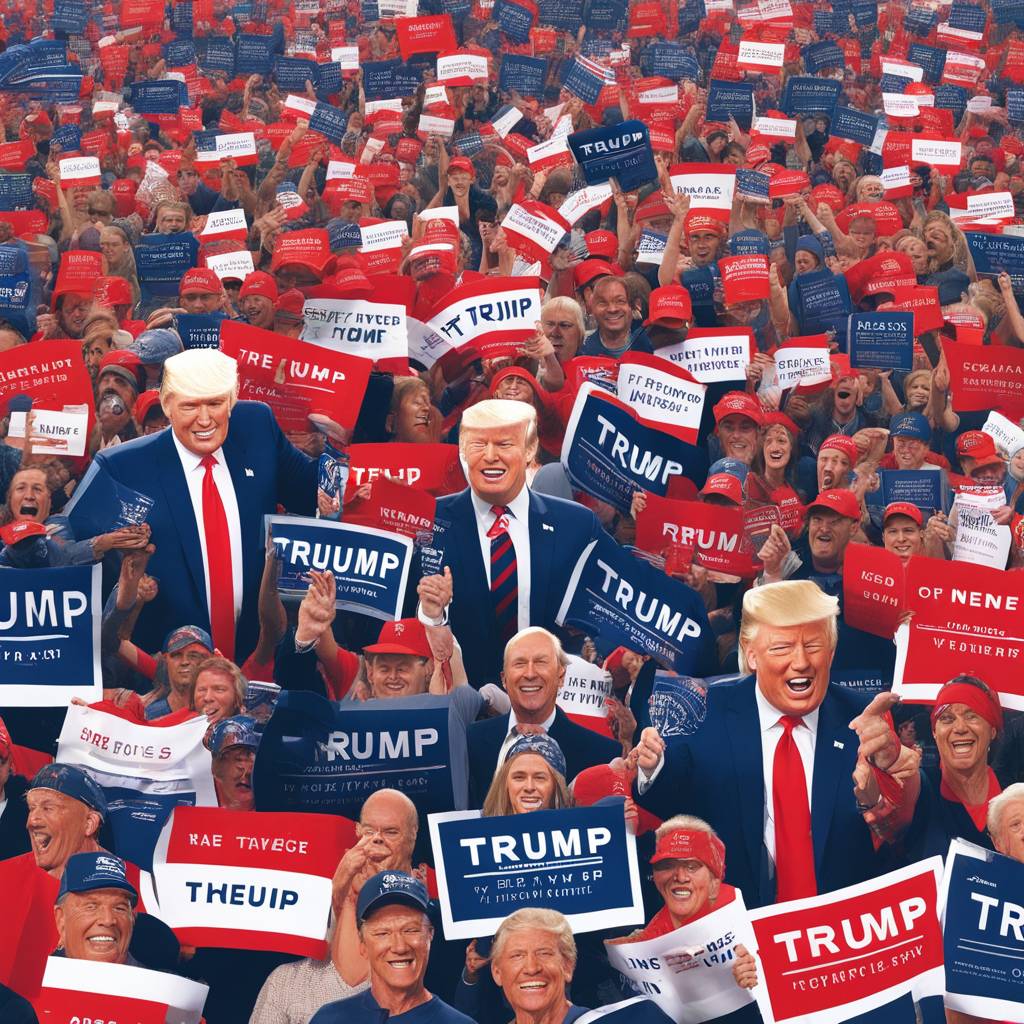In a recent poll conducted by Redfield & Wilton Strategies exclusively for Newsweek, it was found that nearly four in 10 people who voted for Donald Trump in 2020 have become more conservative in the past five years. Among the respondents, 23 percent in total have drifted further to the right since 2019, with 37 percent of Trump supporters specifically moving towards a more conservative ideology. However, 19 percent of Trump supporters also stated that they have become more liberal or socialist in the same timeframe, which could potentially impact Trump’s support in a rematch against President Joe Biden in the upcoming election. Overall, 29 percent of Trump’s supporters in 2020 reported that their political ideology has remained unchanged.
When examining the factors that influenced Trump supporters’ shift in ideology, the poll results revealed that various issues such as inflation, the cost of living crisis, immigration, and “woke culture” played a significant role. Additionally, more than one-fifth of respondents cited Trump’s time in office as a key factor in their political evolution, while roughly 19 percent mentioned the former president’s legal battles as contributing to their changing views. Trump has consistently dismissed these legal challenges as politically motivated attacks aimed at damaging his chances of winning the 2024 election.
Political strategist Denny Salas suggested that the trend of the GOP becoming more conservative can be traced back to former Alaska Governor Sarah Palin’s selection as John McCain’s running mate in 2008. Palin’s nomination allegedly mainstreamed ultra-conservative ideals and set the stage for the Tea Party movement, which ultimately led to significant shifts within the Republican Party. Salas also noted that Trump’s presidency further exacerbated this trend by promoting questionable narratives and alternative facts, causing his base to drift towards the conservative fringe. As the 2024 election approaches, the hardening of ideological positions among Trump’s supporters may present a challenge for the Republican Party in appealing to a broader electorate.
According to the Redfield & Wilton Strategies survey, 31 percent of respondents reported that their political ideology has remained unchanged over the past five years, with a quarter becoming more liberal or socialist. In comparison, 13 percent of Biden voters in 2020 stated that they have become more conservative, while 29 percent reported becoming more liberal and 33 percent indicated that their political ideology has not shifted. These findings suggest that there is a diverse range of ideological changes occurring among voters on both sides of the political spectrum, reflecting the complexity of the current political landscape.
Overall, the survey results highlight the dynamic nature of political ideologies among voters in the United States, with significant shifts occurring within both the Republican and Democratic parties. The polarization and hardening of ideological positions, particularly among Trump’s supporters, could pose challenges for the GOP in appealing to a wider audience in the upcoming elections. As the country prepares for the 2024 election, understanding these evolving political dynamics will be crucial for candidates seeking to connect with voters and address the issues that matter most to them.


